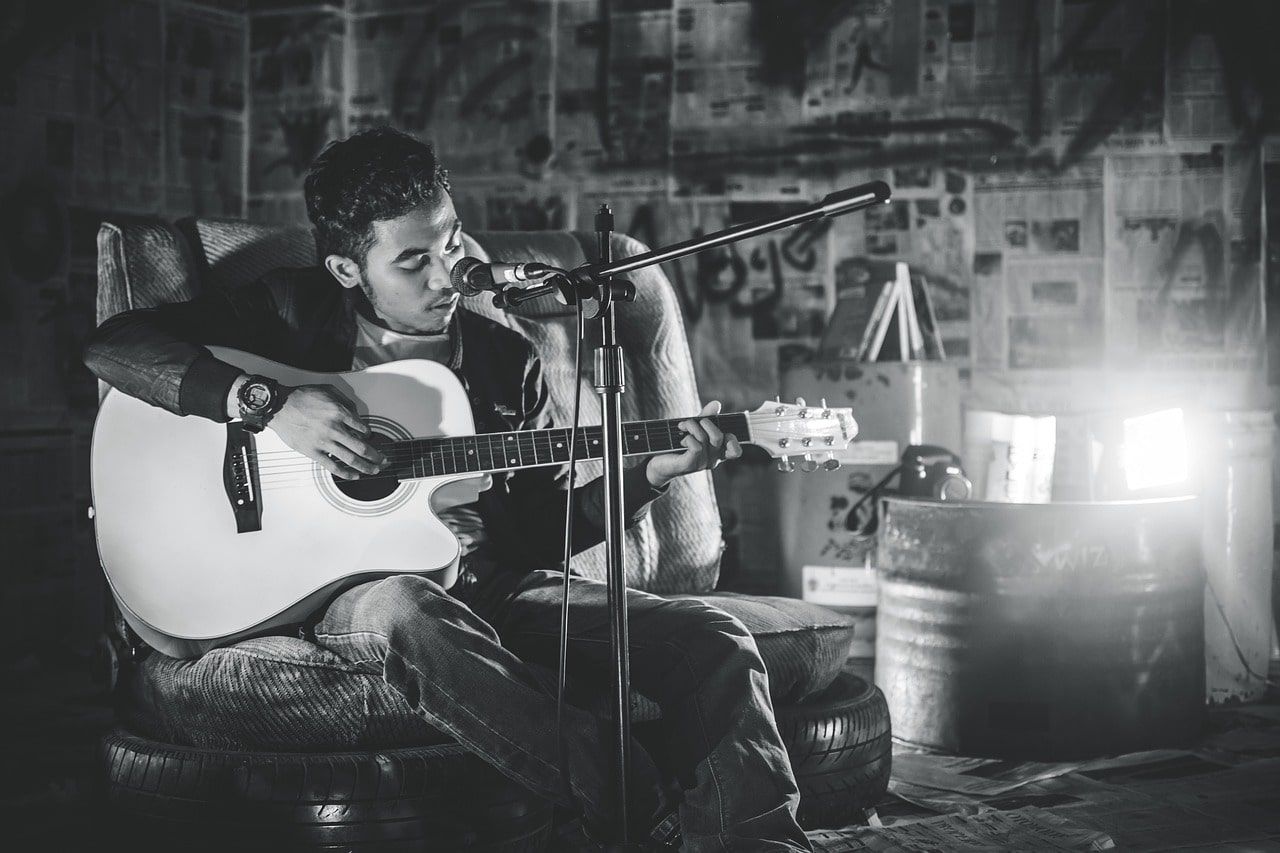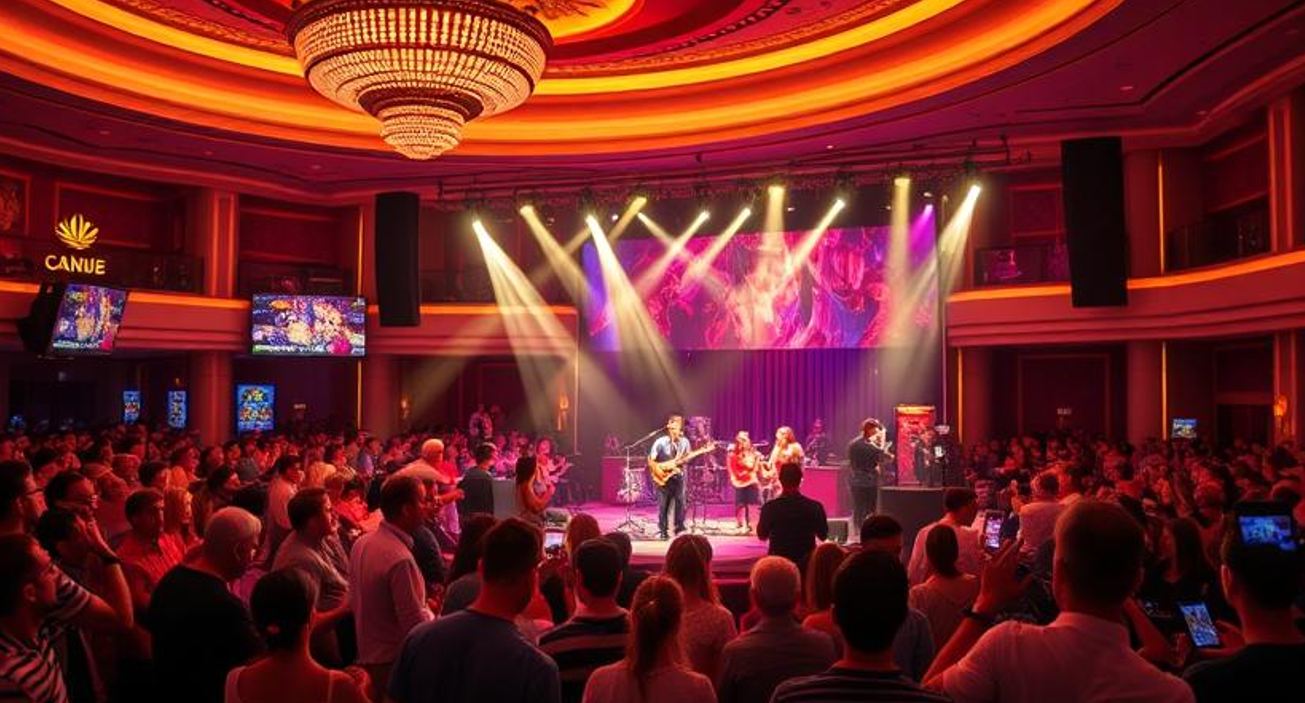Hearing is one of the most valuable senses for musicians, yet it is also one of the most at risk. Whether performing on stage or working in a recording studio, musicians are exposed to sound levels that can gradually cause hearing damage. A Musicians’ Union article notes that they can be up to 4X more likely to develop hearing loss.
Understanding the cause and preventing it is essential for anyone who relies on their ears to create and appreciate music.
How Sound Exposure Affects Hearing
The human ear is designed to handle a range of sound intensities. However, prolonged exposure to high decibel levels can lead to permanent damage. Inside the cochlea, tiny hair cells convert sound vibrations into electrical signals that the brain interprets as sound. When exposed to loud noises over time, these hair cells can become overstimulated and eventually die, leading to hearing loss.
An NCBI article states that hearing loss is one of the leading causes of disability worldwide, according to the World Health Organization (WHO). Among different types of hearing loss, noise-induced hearing loss, often faced by musicians, is the most preventable one. However, preventing this requires appropriate knowledge of what’s causing it in the first place.
The risk is even greater for musicians because of repeated exposure to amplified instruments, in-ear monitors, and acoustics. Rock musicians, DJs, and sound engineers often experience noise levels exceeding 100 decibels. This can start to cause damage in very little time.
Classical musicians are not exempt, either. Instruments like violins, trumpets, and percussion can produce damaging sound levels, especially in enclosed orchestral settings.
Do different frequencies of sound affect hearing differently?
Yes, damage tends to occur more quickly with high-frequency noises due to the fragility of the hair cells that sense them. Exposure to high frequencies over time can cause hearing loss, making it more difficult to discern particular speech consonants or musical tones.
Common Hearing Issues in Musicians
One of the most frequent complaints among musicians is tinnitus, a persistent ringing or buzzing in the ears. This condition can develop after exposure to loud noise and may become permanent if the damage is severe. Many popular singers like Chris Martin, Neil Young, Ryan Adams, Eric Clapton, Pete Townshend, and more have suffered from tinnitus.
It is also important to understand if there is an underlying factor that is increasing your chances of tinnitus. For instance, TorHoerman Law notes that side effects of some medications, like Tepezza, can significantly increase your vulnerability to hearing loss problems. Tepezza is a thyroid eye disease medication that has been linked to permanent hearing loss or tinnitus.
Many people who have developed hearing loss conditions due to it have even filed a Tepezza hearing loss lawsuit. As a musician, it can be difficult to prove what caused your hearing loss, loud music, or the medication’s side effects. Having a lawyer by your side can help you collect and present evidence to prove what caused your hearing loss.
Many musicians also suffer from noise-induced hearing loss (NIHL), which affects their ability to hear high frequencies clearly. Over time, this can make it difficult to distinguish certain notes, chords, or nuances in a performance.
In addition to tinnitus and NIHL, some musicians experience hyperacusis. It is a condition where innocuous sounds become intolerable. It is a rare loudness perception disorder that makes everyday noises feel unbearably loud. This can be particularly challenging for those who work in environments where they must constantly engage with music at varying volumes.
Is hearing loss in musicians reversible if caught early?
Unfortunately, since injured cochlear hair cells do not regenerate, the majority of noise-induced hearing loss is irreversible. However, future deterioration can be slowed, and general hearing health can be improved with early intervention using preventative measures and audiological treatment.
How Musicians Can Protect Their Hearing
One of the most effective ways to prevent hearing loss is by using high-quality ear protection. Custom-molded earplugs designed for musicians reduce harmful noise levels while preserving sound clarity. These are different from standard foam earplugs, which often distort frequencies and make it difficult to hear music accurately.
Another essential practice is taking regular breaks from loud environments. Ears need time to recover from exposure, and stepping away from high-decibel situations can significantly reduce the risk of long-term damage. Using noise-reducing headphones during practice sessions or when mixing and producing music can also help preserve hearing.
There are many active noise-canceling headphones available on the market. The global market for active noise-cancelling headphones was estimated by Verified Market Research to be worth $15.69 billion in 2023. It is estimated to grow at a CAGR of 14.1% to reach a whopping $28.41 billion by 2030.
Positioning on stage or in a rehearsal space can make a difference as well. Standing directly in front of amplifiers or loud instruments increases the risk of hearing damage. Adjusting placement or using sound barriers can minimize exposure to extreme volumes.
Do in-ear monitors help prevent hearing loss for live performers?
In-ear monitors may, in fact, let musicians hear themselves clearly at a lower volume when utilized properly. This can help negate the need to turn up stage monitors or amplifiers. Inappropriate usage at large volumes, however, can still be dangerous.
Musicians who think they could have hearing loss should get evaluated by a specialist as soon as possible. Specialized hearing tests that identify damage early on, even before symptoms become apparent, can be provided by audiologists. Interventions like sound therapy or hearing aids may be able to prevent further decline in some situations.
Musicians can preserve their hearing for many years to come by being aware of the dangers and adopting precautions. At every level of a musical career, it is important to prioritize hearing protection since healthy ears are necessary for creating and enjoying music.














